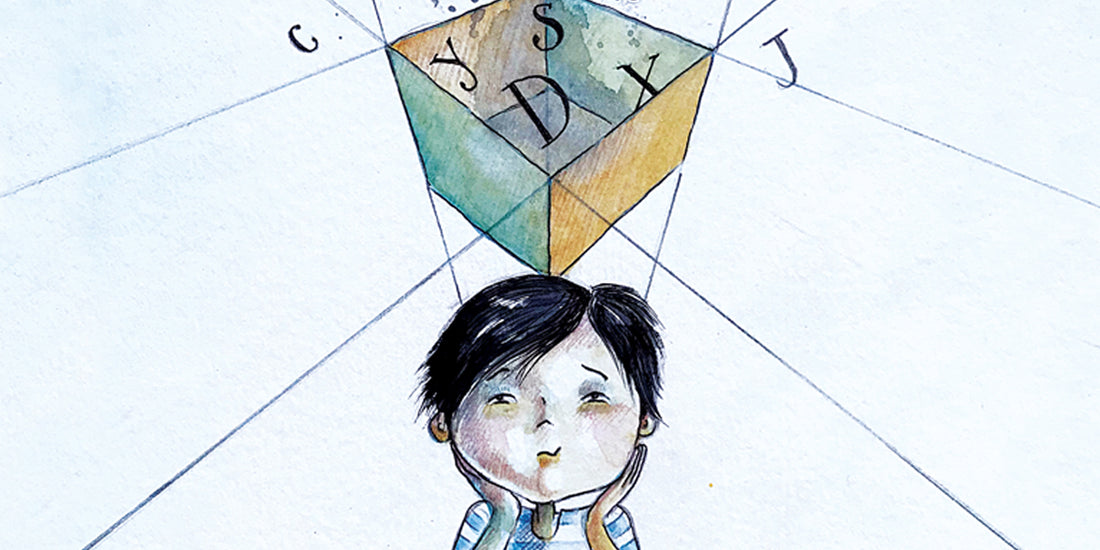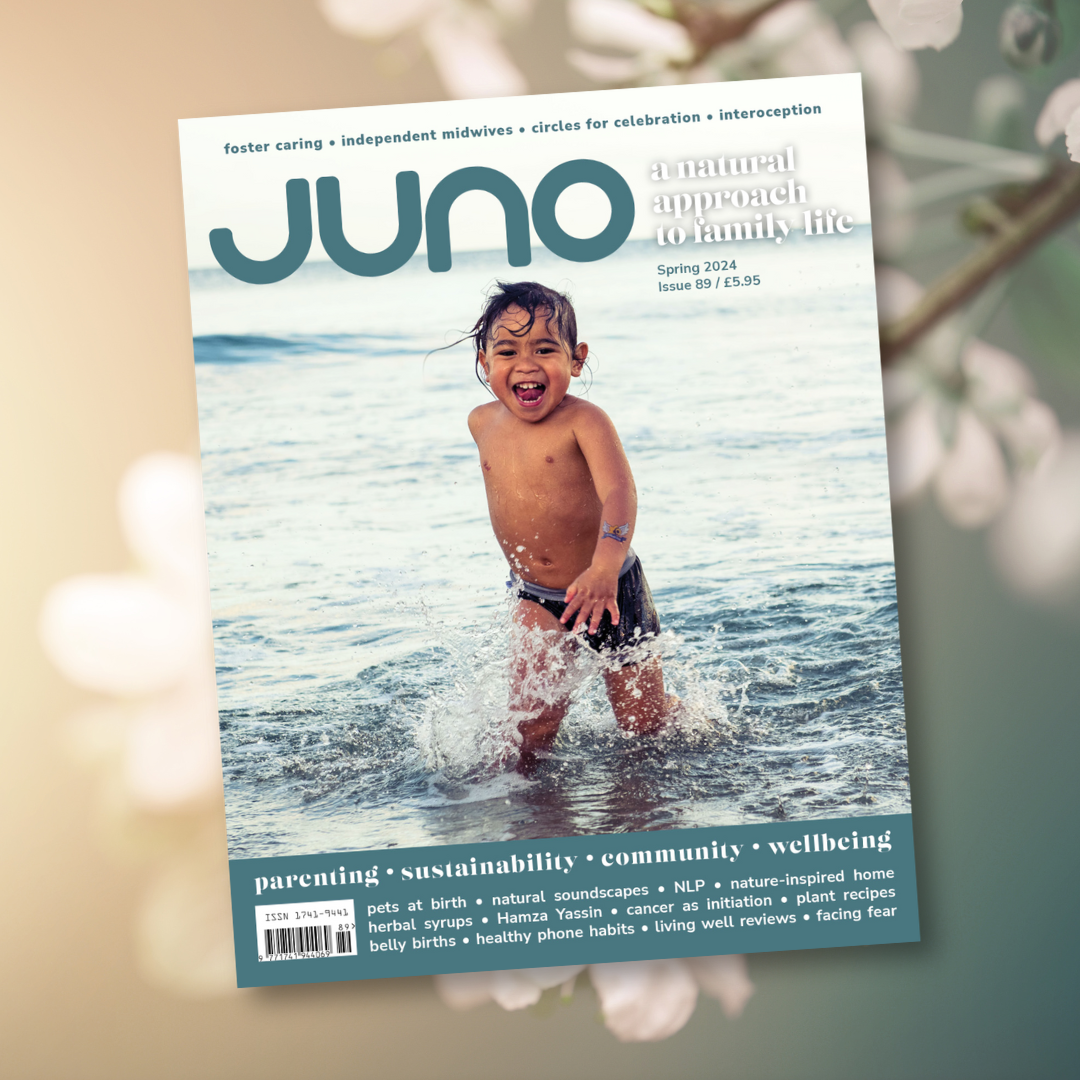What if we could remove the stigma associated with a diagnosis of dyslexia?
What if we could get people to see it as a potential advantage, rather than a setback?
What if, in the process, we could vastly improve our children’s experience of their dyslexia?
A diagnosis of dyslexia is too often a cause of great concern and worry for both parent and child. Why? Because it is seen as a ‘difficulty’; a ‘disadvantage’ or a ‘disability’.
Even the word ‘dyslexia’ translates as ‘a difficulty with language’! It stems from the combination of two Greek words: ‘dis’ meaning ‘lack’, and ‘lexi’ meaning ‘word’. So, dyslexia means ‘to lack words’. Hardly surprising then that in a society which relies heavily on written communication, ‘lacking words’ has been seen as a definite drawback.
Historically there has been very little support for those with dyslexia. It has often been misunderstood, overlooked or misdiagnosed. No consideration has ever been given to the idea that having dyslexia could be advantageous or that it might actually empower people.
Thankfully, our understanding of dyslexia is changing. In part this is because of people with dyslexia who have overcome society’s prejudices and achieved great success: in some cases because of what they see as their dyslexia advantage. People like Richard Branson, Darcey Bussell and Sophie Conran.
It is becoming increasingly apparent that dyslexia can, in fact, confer specific strengths on those who are diagnosed. For example, some people with dyslexia have an enhanced ability to visualise and manipulate 3D objects in their heads. These are invaluable skills for architects or engineers when considering design possibilities. It’s probably no coincidence that high numbers of architects and engineers have dyslexic tendencies.
Some people diagnosed with dyslexia are able to see complex patterns and connections in information that others miss. That’s why the UK Government Communications Headquarters (GCHQ) actively recruits people with dyslexia!
As a parent, developing an understanding of the strengths and potential of dyslexia, rather than simply focusing on the disadvantages, can really help you to change your child’s perspective of dyslexia and what is possible for them in their life. Dyslexia can manifest itself in different ways for individuals. Each diagnosis of dyslexia is unique to the child being assessed. As a parent it is important that you understand your child’s individual profile and how you can best support and encourage them.
Through role modelling an appreciation of dyslexia for your child and all the benefits it can bring, you will help them develop a positive perception of their specific learning difference. That’s not to say that you should pretend it’s all a bed of roses. Having empathy for the challenges that your child is experiencing – particularly in light of society’s attitudes to their diagnosis – and providing support as required, will help your children develop resilience and a stronger sense of self-worth. BUT recognising how they can thrive, rather than focusing on what they can’t do, can make the difference between whether they accept an opportunity or feel worthless.
The key to managing your child’s dyslexia, so they can feel empowered, is to help them fully understand their challenges. Encourage them to accept those challenges, not to feel ashamed or embarrassed about them, and help them to appreciate where they can make progress and achieve.
Support them to identify the strategies that are available for them to overcome any obstacles they face and encourage them to make full use of them. That might be support from a specialist teacher to help them develop their literacy skills, or extra time concessions in exams.
Encourage them to recognise their individual skills and talents and help them to appreciate their positive ‘dyslexia difference’. Help facilitate opportunities for them to use these skills and talents – building their confidence and self-esteem in the process.
Celebrate their individual achievements and help them to see that we are all unique with our own distinctive attributes.
By understanding their specific strengths, and how they can be used to shine and to make a difference in the world, they will be able to see all of the opportunities in front of them. So often, children with dyslexia feel stuck and ‘less than’ because society at large thinks that they can’t achieve, and they fall in line with this outdated perception. Wouldn’t you rather have a child who can confidently acknowledge their skills and talents, with an awareness of their potential challenges and how to compensate for them? It is possible to inspire your child to succeed because of dyslexia, not despite it.
____
Sue Hall is the Education Angel, on a mission to help parents understand their child’s dyslexia and celebrate their natural talents. As a mum of two sons with dyslexia, she has a clear understanding of the challenges that parents may be facing and a toolkit of proven strategies and solutions. Sue lives in Cheshire and enjoys exploring new walks with her family and their dog, especially when the walk includes a stop for tea and cake. educationangel.co.uk
Illustration by Veronica Petrie - studiovink.co.uk
____
First published in issue 75 of JUNO. Accurate at the time this issue went to print.



